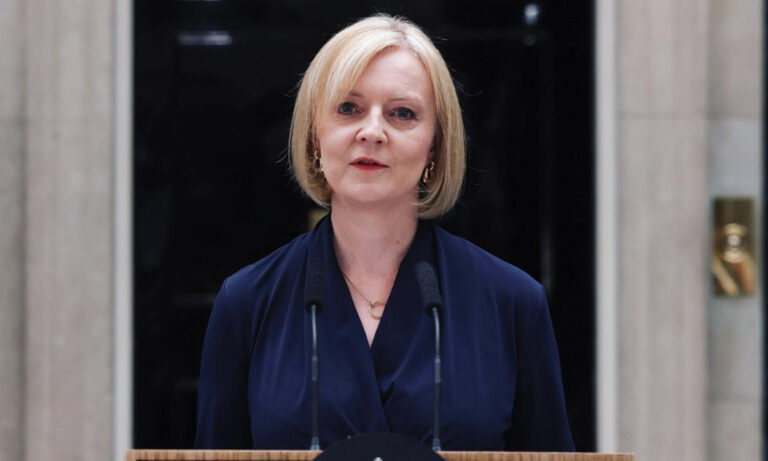Five astonishing things that were able to last longer than Liz Truss’ time in office
Today, Thursday 20 October 2022, Liz Truss announced that she is resigning as UK prime minister after a mere 45 days in office. The announcement, made by Truss herself outside Downing Street, follows the near-complete evaporation of her political authority which has seen her crash the markets, lose two key ministers and shed the confidence of almost all her own MPs.
Truss is currently the shortest-serving prime minister in UK history. To help you really understand just how short her stay in Number 10 was, here are ten things that somehow managed to last the same time or even longer than the country’s former chief of state.
1. A lettuce
On 14 October, the tabloid The Daily Star shared a link to a YouTube live video featuring a picture of Truss with a lettuce beside it on its Twitter. The post was accompanied by the question “Day one: Which wet lettuce will last longer?”
The tweet garnered over 50,000 likes in the first five hours of being shared online. Having an actual vegetable last longer than you—how embarrassing.
2. Kim Kardashian and Kris Humphries’ marriage
Kim Kardashian famously married American former professional basketball player Kris Humphries in 2011 and filed for divorce 72 days later. The divorce was actually finalised in 2013, shortly before the reality TV star gave birth to her first daughter, North, with her then-boyfriend, rapper Kanye West.
3. Parmesan cheese
Shredded or grated parmesan can last for up to a year when stored in the refrigerator. A block of parmesan will last for six months, if unopened, in the fridge or freezer.
4. Number of straight days it rained in Texas May 2007
When a large storm system settled over the state in late May of 2007 and began to unleash rain, many Texans rejoiced that the drought was over. But then the rain continued. And continued. For 45 days, it didn’t stop.
5. Number of days the Russians stayed in a sealed container on their Mars simulation
The Mars500 experiment, an international test run by the Russian Academy of Science in conjunction with the European and Chinese space agencies placed a six-man crew in a simulated spaceship en route to Mars for 520 consecutive days during 2010 and 2011.






